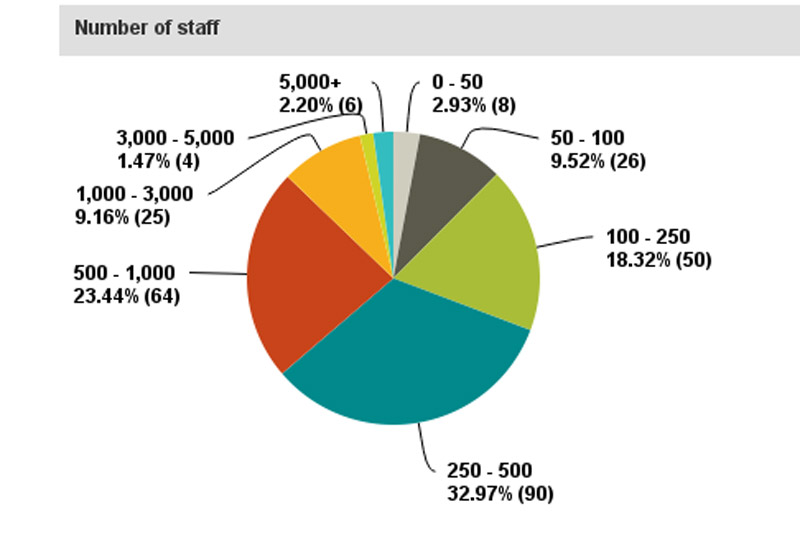SHOW ME MORE MONEY
In addition to the training and development options, salaries and bonuses are also important. In 2015, 9.6% of respondents expected a pay rise within the next six months. In 2016, the split seems equal — 36% said they anticipate being awarded a pay rise, 36.4%, said they do not, while the remaining were unsure.
Swiss-Belhotel chairman and president Gavin Faull told Hotelier that he thought salaries will remain flat. “I think salaries will be flat because they grew so fast in the last five or six years — Dubai’s cost structure will become more realistic too. It’s an averaging game, and always an issue of maintaining rank and file service level.

| Advertisement |
“Staff numbers will increase — the workforce is mobile — so good properties and management will have no problems finding staff; we just have to be smart and fix problems before they arise in order to keep staff. Job security is important these days — this is an important offering to retain staff. Rent has lowered a little bit, that has helped living standards with salaries staying flat.”
Hearteningly, 23.8% of the participants had been given a pay rise less than six months ago, while worryingly, 31.4% said they had never received one. Pay cuts have not taken place, however, with 93.8% saying they have not received a pay cut in the last 12 months. This feeds into the general sentiment of a pay freeze, with one survey respondent saying: “There will be no pay decreases, however, also no increases”, and another added: “Told no pay rise for anyone.”
A few respondents said their salary is set to increase due to a promotion and expansion of responsibilities. Another respondent was positive and said: “We are a growing company and [the] company knows how to look after employees even during recession time.”
Those who said salaries will fall added that “seeing the market conditions, [the company] is very unlikely to increase the salary in this financial year”, while another said that the “company does not want to increase payroll cost at this time”.
In terms of comparing salaries on a global level, there seems to be a shift in thinking. Last year, nearly 50% said they thought their wages were on par with global levels, with 45.4% thinking they earn less. However, for 2016, the situation has reversed — 41% think they earn a global average, while 45.6% believe they earn less than average compared to global salaries. Regionally, 14.2% felt their salary was above average, compared to 4.9% in 2015.
We asked participants about their typical monthly remuneration (excluding allowances, accommodation value, commissions and bonuses) — 21.5% said this was between US $1,001-2,000 per month, with 10.7% earning less than $1,000 per month. Only 3.1% earn between $15,001-30,000 per month. Bonuses, allowances, and commissions seem to have been cracked down on this year, with just 5.4% of our respondents saying this made up more than 40% of their annual remuneration compared to 13.4% last year.
Taking into consideration salary, security, reputation and career development, Four Seasons Hotels and Resorts topped again as the hotel company people would like to work for the most, with 46.2% votes. When this news was shared with the operator, Four Seasons president, hotel operations Europe, Middle East and Africa Christian Clerc said: “The success of Four Seasons is a true reflection of the passion of our people who, through their utmost dedication, continue the company’s legacy of service excellence, delivering memorable guest experiences every day.










 Search our database of more than 2,700 industry companies
Search our database of more than 2,700 industry companies









